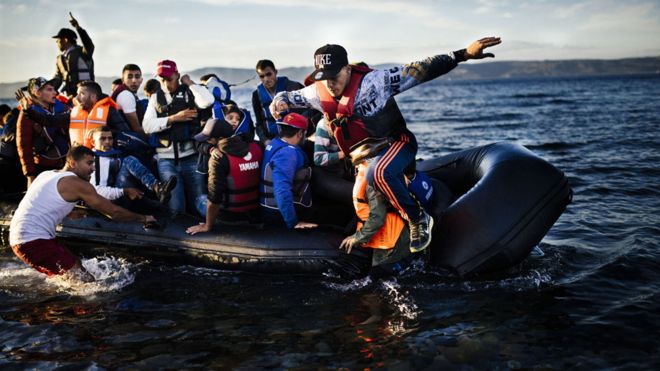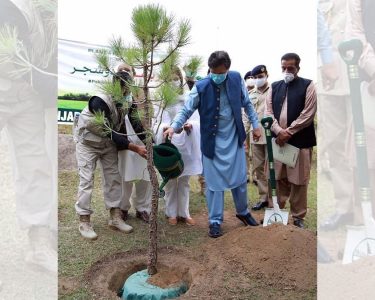‘Dragon’s Den’ initiative for migrant entrepreneurs in Europe
An initiative named as ‘Dragon’s Den‘ had taken by Europe to transform Middle Eastern migrants in into technology entrepreneurs.
Just like we see the style of the BBC’s international television series in which they are in search of and looking for original ideas and entrepreneurs, this is a similar sort of “Dragon’s Den for migrants”.
After their deck pitches and some interviews in an attempt to check their real stamina, the contest has been won by five tech-savvy young natives originally from Syria and Yemen who are living nowadays in the Netherlands.

These young winning migrants state that “surviving experiences such as the ocean crossing to get into Europe has set the high courage in them, the sense of risk-taking and to face a situation where you have nothing-to-lose mindset as needed in business.
There will be a six-month technology qualification for successful candidates before receiving 200,000 euros so they can launch and run Ngage Virtual Reality, a firm that creates VR content for education.
The contest will be held each year in search of entrepreneurs. The purpose of this project is to involve the energy and business ambitions of these new arrivals migrants to add value in tech start-up industry of Europe.
The enterprise program has been planned by an organization named as “R Ventures Capital”. The corporate-sounding name becomes softer when you find out that the R stands for the refugee.
The founders of R Ventures Capital are Shantanu Prakash and Archish Mittal, an education technology entrepreneur and a social entrepreneur respectively. They are natives of India.
‘Job creators’
Mr Mittal states their core aim is to change perceptions of migrants to Europe from “job stealers” to “job creators”.
“If the business is successful, it will generate many jobs for local people in the Netherlands,” he says.
“We hope this changes the narrative around migrants and refugees and reminds people that they have skills which they want to use to help their new countries.” He added.
Mr Mittal is confident in the people he selected to run the new company because he thinks their difficult journeys to Europe have given them “incredible drive and resilience”.
Within 10 years, R Ventures Capital aims to have founded multiple migrant-led companies across Europe, employing many Europeans.
Regardless of all their confidence and optimism, the chances of failure of the venture capital-backed startups all across the world range from 75% to 95%.
So what if this business fails to achieve its target?
“Even if we fail, the entrepreneurs will have gained a top-notch qualification from our partners Udacity, which will make them highly valuable in the job market in Europe,” says Mr Mittal.
“They will have gained useful experience of starting a business and new networks. Professors and industry executives have agreed to visit the office in Amsterdam and mentor the team.” He added.
But for the most part of it, he hopes to change some people’s perceptions of migrants in Europe.




